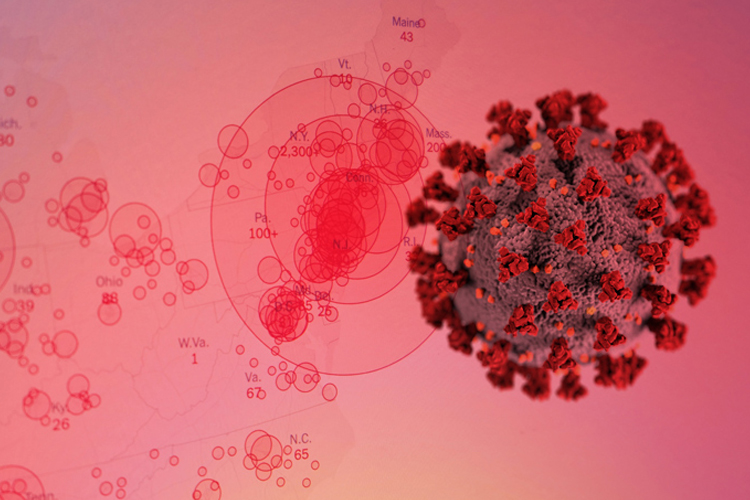Covid & Post Covid
COVID-19, caused by the novel coronavirus SARS-CoV-2, has had profound and long-lasting effects on individuals' health, even beyond the acute phase of infection. Here's an overview of COVID-19 and its post-COVID implications:
- COVID-19 Symptoms and Acute Phase: COVID-19 can cause a wide range of symptoms, from mild respiratory symptoms to severe pneumonia and multi-organ failure. Common symptoms include fever, cough, shortness of breath, fatigue, muscle aches, loss of taste or smell, and gastrointestinal symptoms. In severe cases, COVID-19 can lead to acute respiratory distress syndrome (ARDS), sepsis, and death.
- Post-COVID Syndrome (Long COVID): Some individuals experience lingering symptoms or develop new health issues after recovering from acute COVID-19 infection, a condition often referred to as post-COVID syndrome or long COVID. Symptoms may include fatigue, shortness of breath, chest pain, cognitive difficulties (brain fog), joint pain, muscle weakness, sleep disturbances, and mood changes. Long COVID can significantly impact quality of life and may persist for weeks to months after the acute infection.
- Respiratory Complications: COVID-19 can cause lasting damage to the respiratory system, leading to conditions such as pulmonary fibrosis (scarring of lung tissue), chronic cough, and persistent shortness of breath. Some individuals may require ongoing respiratory support or rehabilitation to manage these complications.
- Cardiovascular Complications: COVID-19 can also affect the cardiovascular system, increasing the risk of heart damage, myocarditis (inflammation of the heart muscle), arrhythmias (irregular heartbeats), and blood clots. These complications can contribute to long-term cardiovascular issues and may require ongoing monitoring and treatment.
- Neurological and Cognitive Effects: COVID-19 can have neurological manifestations, including headaches, dizziness, seizures, strokes, and neuropathies. Long-term cognitive effects, such as memory problems, difficulty concentrating, and mood disorders, have also been reported in some individuals.
- Post-Traumatic Stress and Mental Health: Surviving COVID-19, especially if it involved severe illness or hospitalization, can be traumatic and may lead to post-traumatic stress disorder (PTSD) or exacerbate existing mental health conditions. The stress of the pandemic, social isolation, grief, economic hardships, and uncertainty about the future can also contribute to mental health challenges.
- Rehabilitation and Supportive Care: Individuals with post-COVID symptoms may benefit from rehabilitation programs tailored to address their specific needs, including physical therapy, occupational therapy, pulmonary rehabilitation, cognitive therapy, and mental health support. Multidisciplinary care teams can provide comprehensive support to manage symptoms and improve quality of life.
- Vaccination and Prevention: Vaccination remains a critical tool in preventing severe COVID-19 illness, hospitalization, and long-term complications. Getting vaccinated, practicing good hygiene (such as handwashing and mask-wearing), and following public health guidelines can help reduce the spread of the virus and protect individuals from COVID-19 and its post-infection effects.


